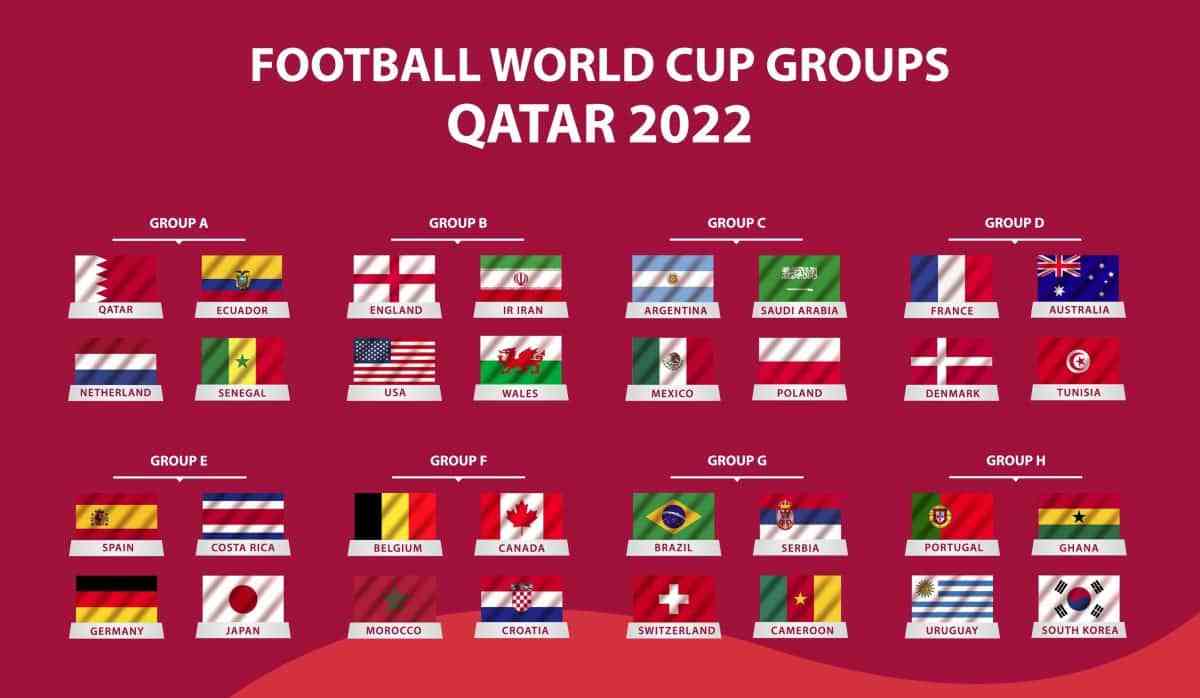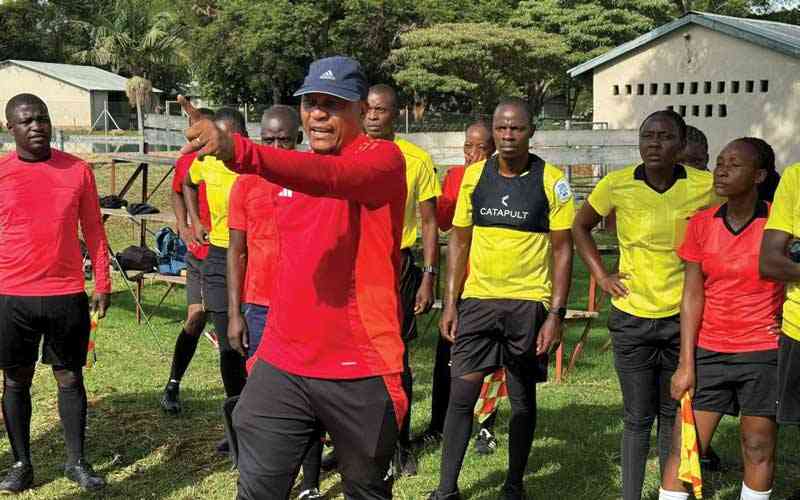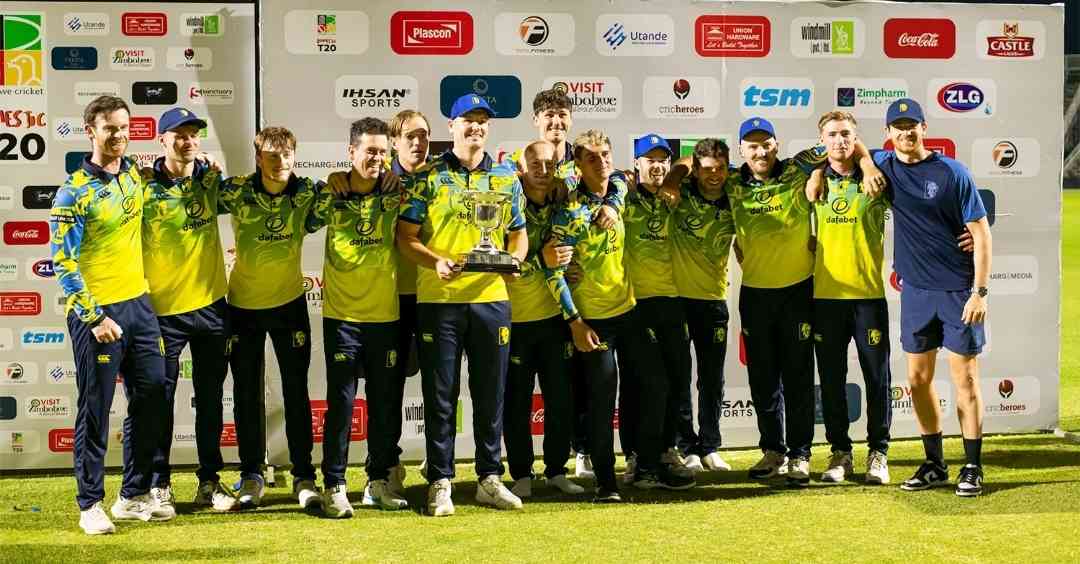
HOW often have we come across someone saying “TIA”? It is most often offered as an excuse, explanation or defence of something that has been done and usually poorly. This Is Africa. It implies we can get away with things differently because this is Africa. Maybe we are trying to argue that our culture is different here, which may be well respected, but actually, usually, it is simply a way of excusing sloppy, late, incomplete work. We claim things are done differently in Africa, but Africa is part of the wider world where standards, principles, values and norms are expected and required. There is no reason why someone in Africa could not perform as someone from another continent.
A number of years ago a school Board in a neighbouring country had agreed to have a workshop on governance and invited an expert in the matter to come from Zimbabwe to run it. The visiting speaker had not gone five minutes into the workshop when the Chairman of the Board interrupted him and said, “Thank you, Mr So-and-So, but you need to understand this is xxxxxxxx (name of country withheld) and this is how we do it here”, before spending over two hours explaining and justifying their way of doing things, completely at odds with worldwide standards of ethical governance (and having previously proven to be utterly ineffective and inappropriate).
It is interesting that in a recent article on the BBC website, after a particularly rough, bad-tempered and ugly FIFA World Cup match between the Netherlands and Argentina, Pablo Zabaleta, himself a former Argentinian soccer player stated that “I know a lot of people have been saying Argentina showed a lack of respect with their celebrations in front of the Netherlands players after we won that tie, and ideally we would not have got involved in that. But you also have to understand that this is football — so, remember what was at stake and also what had been said and done before.”
So, there we have it — not TIA this time but TIF. This Is Football. Zabaleta is justifying appalling and inappropriate behaviour during the match because it is football (soccer). So, that is fine, players can do what they want on the football field because it is football! There may be rules, regulations and laws in life but on the football field those do not apply. And he wants us to understand that!
It is not just at the World Cup where such thinking takes place. All around the world, on different sports fields, players seem to think that they can live by one set of rules even if they are different from society. If a player throws something with the intention to harm someone else on the sports field, that apparently is fine — he will get a yellow, maybe even a red, card yet if he does that on the streets, he will be taken to court. A player gets into a fight on the sports field and nothing happens; if the same happens on the streets, he gets charged with assault. On the soccer field, a player launches himself at another player with studs in the air, breaking an opponent’s leg, and he is sent off and misses a few games; in ‘civvy street’ such an action would lead someone to a time in prison. This is sport — this is acceptable, at least understandable, we are asked to believe! No, it is not.
Zabaleta’s second justification for their actions is because of what was at stake — what exactly was at stake? The result of a soccer match. Sure, the winner would advance to the next round of the World Cup but really, in comparison to illness, poverty, death, inflation, how does a soccer result actually compare? In relation to values and people’s worth, what actually is at stake? The future of a country is not dependent on the result, neither is an election. Of course, a player might argue that his career is at stake, but other people also lose their jobs and they do not go to extremes in order to keep their job. This is life, not sport.
Then the third justification given by Zabaleta was that things had been said and done before — in other words, the other team started it, by their provocation. They may have done so but is that justification? Two wrongs do not make a right. It is not a matter of doing to others because they have done it to you — rather, beat them in showing honour as well as in playing sport.
No, this is not sport. This is life and sport is no different to life. Sport trains for life but life transcends sport. We had better make sure our children understand and practise that. No excuses, no justification. What happens on the sports field (or tour) does not stay there. This is real, not an ideal.
- Open letter to President Mnangagwa
- Feature: ‘It’s worse right now than under Mugabe’: Sikhala pays the price of opposition in solitary cell
- Masvingo turns down fire tender deal
- Human-wildlife conflict drive African wild dogs to extinction
Keep Reading
Tim Middleton is a former international hockey player and headmaster, currently serving as the Executive Director of the Association of Trust Schools Email: [email protected]











